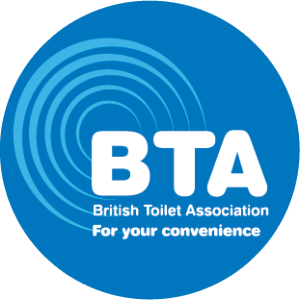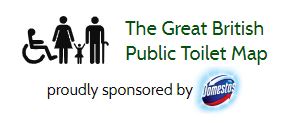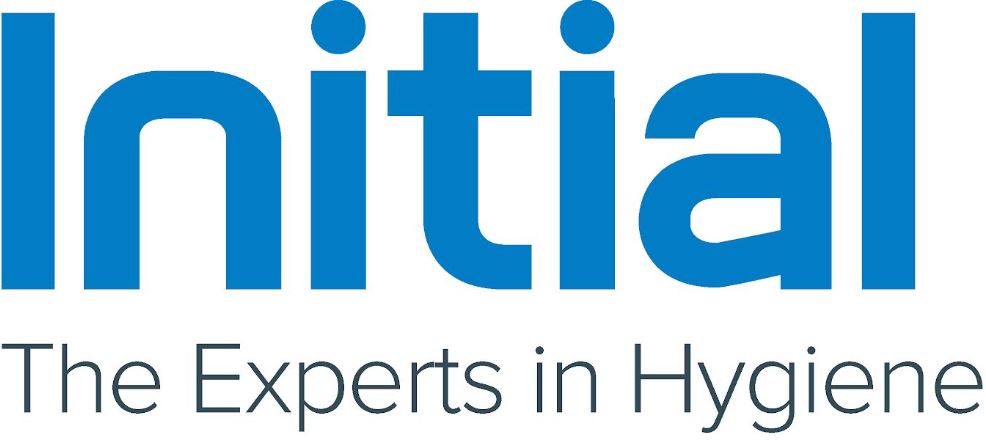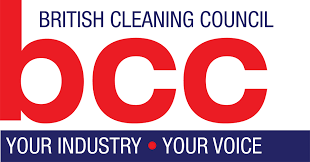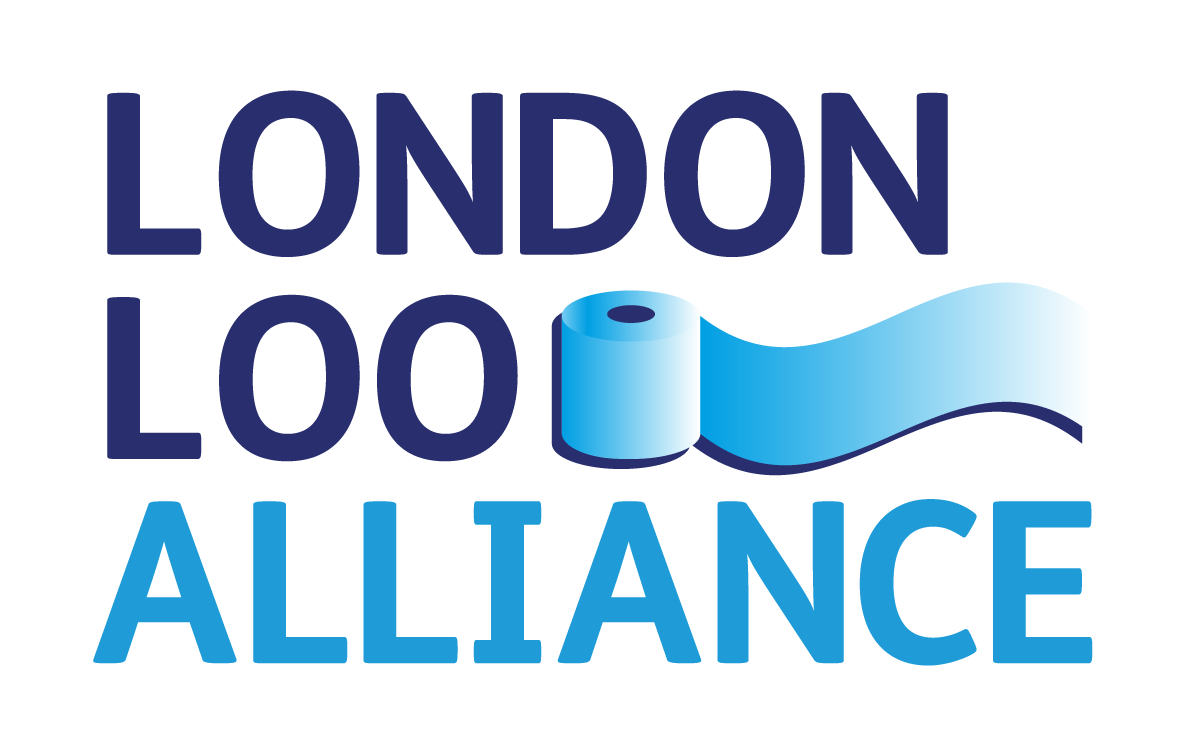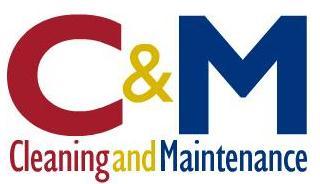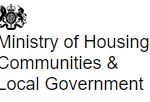Category Archives: Uncategorized
USE OUR LOO’s CAMPAIGN
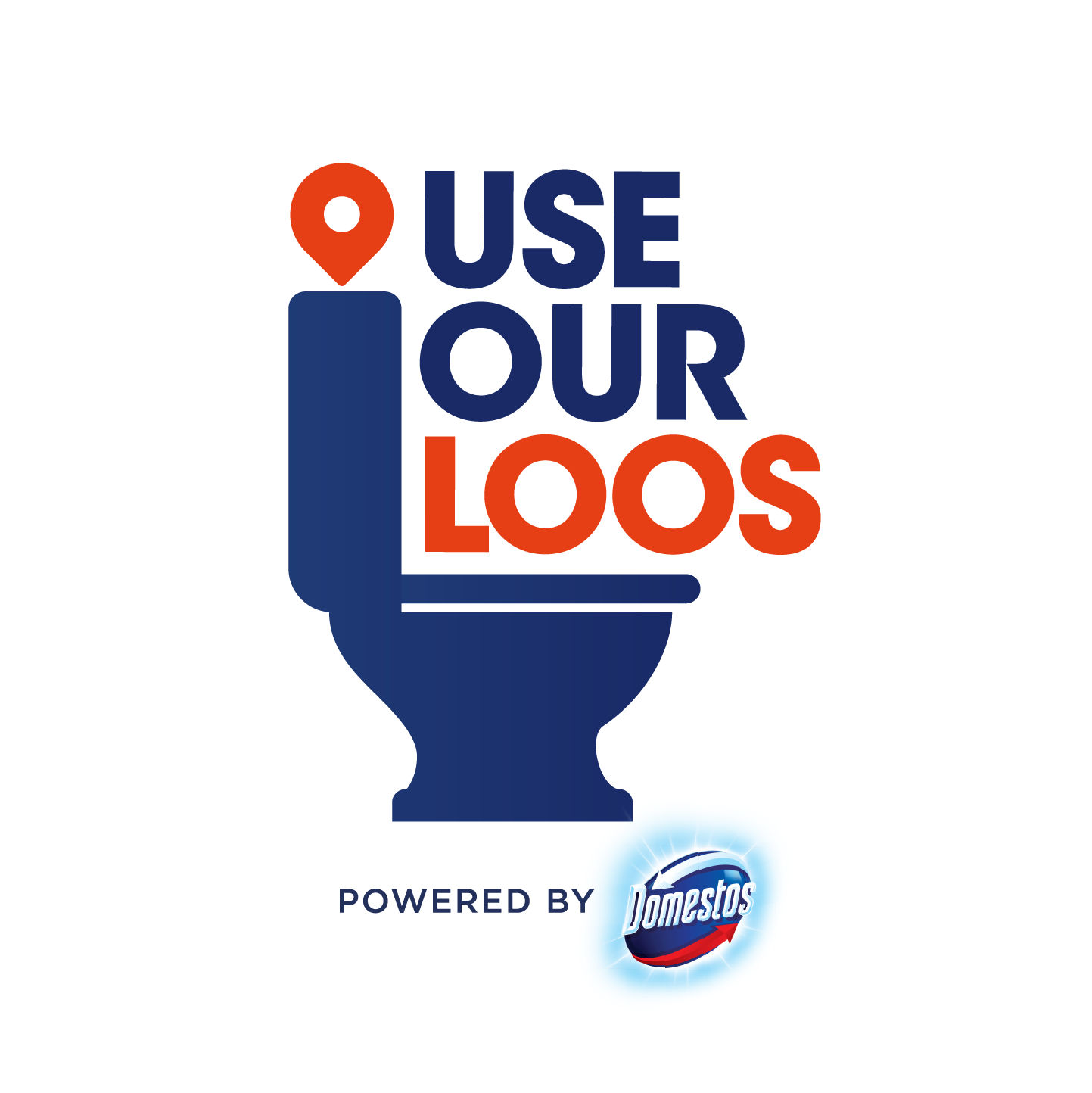
USE OUR LOOS!
Where to go, when you need to go ?
A national campaign mobilising local business to make their loos accessible to the community they serve. We all need to use a loo or public restroom when we are out and about each day and it’s getting harder and harder to find a good clean toilet to get relief and allow us to enjoy the local neighbourhoods. With Local authorities really struggling to provide enough facilities, now many local businesses and store owners are keen join into a Community Toilet Scheme (CTS) to make sure that everyone can continue to enjoy local amenities and continue shopping.
We’re also encouraging many other public buildings including Libraries, Museums, Town and Village halls to join in the drive to reinvigorate the high streets and support local shops & traders.
You can sign your venue up to the Use Our Loos campaign by entering your details here:
https://goo.gl/forms/zsjmQpc8lyCdRt1k1
For more information contact Tara our Campaign Manager at: useourloos@gmail.com or please call the BTA office 0044 (0) 2891 477 397
CAMPAIGN OVERVIEW
The “Use Our Loos” campaign will do the following:
- Ask for public loos to be kept open and more loos in businesses to be made publicly available;
- Thank those who make the commitment to help through visible recognition, instant mapping and free product;
- Drive a connection with their local community and hopefully increase footfall to their businesses;
- Address ‘toilet stigma’ and aim to change the cultural context to appreciation and openness;
- Create the first national campaign to bring together the numerous, disparate Community Toilet Schemes, with singular signage and naming; and
- Ensure all these publicly accessible loos are discoverable at the right time for those in need by collaborating with the Great British Toilet mapping scheme
The British Toilet Association
The BTA along with Uniliver (Domestos Brand), Mumsnet, Gt British Toilet Map, NeonTribe and Edelman have joined forces to promote this National Campaign to record the locations of all publicly available loo’s throughout the UK. The site includes toilets provided by local authorities, private providers like Healthmatic and Danfo (UK) and for the first time we will be promoting those facilities provided by local shops/stores and businesses to help all types of users to find relief when travelling or shopping “away from home”
Unilever (Domestos)
Domestos believes that a clean, safe toilet should be within everyone’s reach. That is why it is tackling the demise of the UK public toilet and making it accessible once more. Just as Domestos has been doing, in many underdeveloped countries, in partnership with UNICEF for over four years waging the war on poor sanitation, because everyone deserves a clean toilet.

Mumsnet was conceived in early 2000 when JustineMumsnet embarked on a disastrous family holiday. Her idea was to create a website where parents could swap advice about not just holidays but all the other stuff parents talk about.
Nineteen years later and who’d have thought it would come to this? Mumsnet is now the UK’s biggest network for parents, with around 10 million unique visitors per month clocking up around 100 million page views.
The Gt British Public Toilet Map
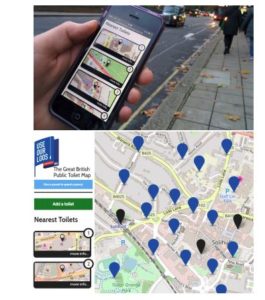
Businesses are rewarded for you doing your business. Fame and visibility from free publicity and hopefully increased turnover from increased footfall. Feeling the added benefit of a warm feeling that they are helping people live their lives to the fullest.
USE OUR LOOS is the first national scheme that unlocks the loos that are hidden in our coffee shops, cafés, restaurants and bars. And gives them back to the community.
NEONTRIBE

Great British Public Toilet Map will eventually provide the most accurate and up-to-date map of publicly available loos in the UK, powered by NeonTribe
Public Health (Wales) Bill 2016-17
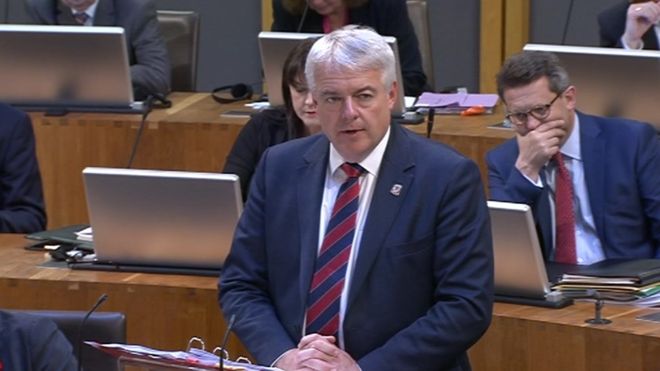

Welsh Labour promises ‘real improvements’ at assembly return to the Senedd
12 September 2016 – by David Deans BBC News
Since 2011 the assembly has had powers to make its own laws – and in the last five-year term the Welsh Government almost completed its legislative programme, producing 25 new acts with one final law failing at the last hurdle. This time around there is a shake-up over how ministers in Cardiff Bay have laid out how they will make legislation in the Senedd, with six new laws proposed for the next year.
Political commentator Daran Hill, who previously dubbed the last series of laws “mainly managerial and unambitious”, told the BBC there was a “clear aim” to keep the legislative programme as “uncontroversial as possible”. Previously, the Welsh Government laid out which laws it was going to make for the following five years from the start. But in June, shortly after the European Union referendum result, First Minister Carwyn Jones told AMs he was moving to a yearly schedule for announcing which laws he would be making. He said this was “one step in developing our practices to ensure they befit the parliamentary responsibilities of this place”.
Outlining his plans in the Senedd in June, Mr Jones said his government would bring forward six bills over the following 12 months, saying they would “deliver real improvements for the people of Wales”. There are to be two laws on taxation on two small levies which are being devolved by April 2018 – the W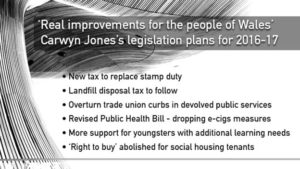 elsh versions of stamp duty land tax and landfill tax. The longstanding plan is that the Welsh Government will no longer wholly be reliant on block grant funding from the UK Treasury, although the revenue generated by these two taxes is small. Neither will keep their names. Stamp duty will be known as land transactions tax, while the landfill levy will become landfill disposals tax. Ministers have promised a bill to overturn parts of the UK government’s recent Trade Union Act as they apply to devolved services.
elsh versions of stamp duty land tax and landfill tax. The longstanding plan is that the Welsh Government will no longer wholly be reliant on block grant funding from the UK Treasury, although the revenue generated by these two taxes is small. Neither will keep their names. Stamp duty will be known as land transactions tax, while the landfill levy will become landfill disposals tax. Ministers have promised a bill to overturn parts of the UK government’s recent Trade Union Act as they apply to devolved services.
Labour had objected to the law, which sets new rules for industrial action including requiring 40% of workers eligible to vote to back strikes in key areas such as health and education, because of its impact on services that are governed from Cardiff. While the plan will pose a potential flash point with the UK Government, a letter leaked in February admitted ministers in London had a “very weak case” to impose the law in Wales. But the possible row is unlikely to translate into controversy in the Senedd, given that in the last assembly AM’s from Plaid Cymru and the Liberal Democrats were united in opposition with Labour to
the curbs.
The remaining Liberal Democrat – Kirsty Williams – is now in the cabinet, while Labour and Plaid Cymru together would give ministers the majority they need to pass the law. One of the casualties of the aftermath of the assembly election was the proposed restrictions on e-cigarettes championed by former Health Minister Mark Drakeford. The measure, commonly known as the e-cig ban, was the only example of a law which the minority Labour government failed to get through at the last hurdle. With both the Liberal Democrats and the Tories opposed, it failed after a last-minute change of heart from a small number of Plaid AM’s who were going to back the law until the now-infamous cheap date jibe by Leighton Andrews.
The Public Health Bill will be returning to the assembly, but stripped of the e-cigarette ban, leaving the government with a bill full of proposals on public toilets, sunbeds and tattooing that had not generated the opposition the e-cigarette measures did. Within the year the Welsh Government is also planning a bill to provide a new legal framework for supporting children and young people with additional learning needs, as well as a bill to abolish social housing tenants’ “right to buy”.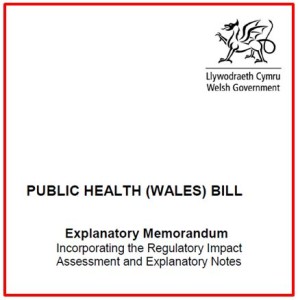
“The Welsh Government attitude to legislating in this assembly is very much based on two significant political considerations,” said Welsh political commentator Daran Hill, who heads public affairs firm Positif. “The first is the practical experience of the past when the programme became weighed down, and it has therefore indicated a shorter list of laws for this assembly. The second factor is the lack of an outright majority on the floor of the assembly to pass any law at all. This means there’s an added incentive to keep to a minimum the number of laws taken to a vote on the floor of the assembly.”
He said the “clear aim is to keep the programme as uncontroversial as possible in order to get consensus or at least a simple majority of votes whenever a piece of law has to be taken through”. The Welsh Government said it did not plan to respond directly to the comments, but pointed to the bill for the land transaction tax as being “the longest and most complex piece of legislation the National Assembly will consider to date”
The BTA has been working with departments and local authorities to embrace this initiative and we will remain fully supportive of any opportunity to advise or support the inception of these toilet strategies.
CHURCHES and TOILETS

An opinion poll into public attitudes to church buildings
A recent poll shows that the public welcomed Government funding for church heritage and revealed what would get them to return to visiting churches, chapels and meeting houses

60 % of British adults back the Government providing financial support for churches, chapels and meeting houses in order to protect their heritage and history for future generations, according to the findings of a new opinion poll, commissioned by the National Churches Trust. The overwhelming majority of British adults (84%) think that the UK’s churches, chapels and meeting houses are an important part of the UK’s heritage and history, according to the findings of the ComRes poll, which interviewed 2,038 GB adults online between the 16th and 17th December 2015.
A further 83% of British adults think that the UK’s churches and chapels and meeting houses play an important role for society. When people were asked what would most encourage them to visit churches, the top five responses were:
- A friendly welcome
-
The provision of toilets
- A Café or refreshment area,
- Comfortable seating
- Access to useful visitor information
The poll found that 57% of British adults said that they had visited a church in the past year for religious services, non-religious activities or as a visitor or tourist.
A few of the Key findings include:
- More than four in five Britons (84%) agree that the UK’s churches, chapels and meeting houses are an important part of the UK’s heritage and history.
- The majority of British adults (83%) agree that churches, chapels and meeting houses are important for society as they provide a space in which community activities can take place, as well as worship. But what would encourage more of them to visit a one of these places
-
34% said the provision of toilets
- 32% said that a Café or refreshment area
- 29% said that comfortable seating and
- 28% said that access to useful visitor information would encourage them to visit
- Younger adults (those aged 18-34) say that Wi-Fi would encourage them to visit
- 46% of British adults agreed that it is difficult to find useful visitor information, such
as directions, opening hours and details of things to see and do.
Claire Walker, Chief Executive of the National Churches Trust said:
“This poll shows that there is overwhelming public support for church buildings, despite the decline in the numbers of people in Britain identifying themselves as Christian in recent years.” The British public thinks that churches, chapels and meeting houses are an important part of the UK’s heritage and history and that they are also important for society as they provide a space in which community activities can take place, as well as worship. Looking to the future, our poll shows how even more people could be encouraged to visit churches. That includes making sure that visitors receive a friendly welcome and providing better facilities such as toilets, a Café or refreshment area and Wi-Fi was seen as particularly important by young adults. “
“However, the huge support for churches demonstrated by this poll will, I hope, encourage local communities and church authorities to keep their buildings open & in good repair and with the right facilities to allow greater community use for many years to come.”
Churches, chapels and meeting houses can continue to play a vital role in the life and well-being of the nation!
Chinese Toilets with Wi-Fi
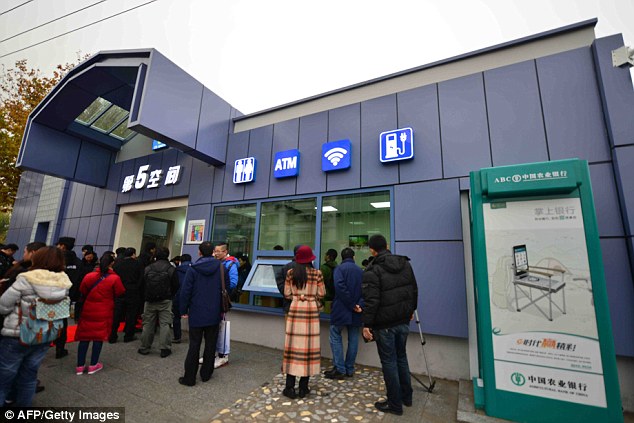
Wi-Fi, ATMs and turbo-flush toilets:
China reveals its latest high-tech restrooms which could soon become commonplace
By Cheyenne MacDonald and Tracy You for Mail-on-Line
China is working hard to overhaul its public sanitation system, and it’s updating toilets with Wi-Fi, television screens, and even ATM machines. People don’t usually like to linger in public restrooms; in China, with the squat toilets, shortage of toilet paper, and sometimes unsanitary conditions, the bathroom experience can be daunting. Now, high-tech restrooms could turn public toilet-use into a more enjoyable situation. High-tech toilet developments could give Chinese bathrooms a new reputation. China is working hard to overhaul its public sanitation system, and it’s updating toilets with Wi-Fi, television screens, and even ATM machines. 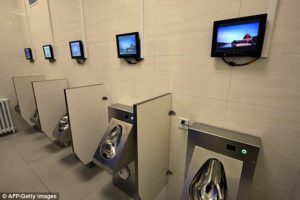 According to The New York Times, China will be renovating or constructing 57,000 public bathrooms, and some of them will be equipped with high-tech gadgets. In Fangshan, a new public facility has turbo-flushing powers in the toilets, along with wireless internet and TV screens in the stalls. The windows are lined with aloe vera plants, and a cello soundtrack plays in the background. The first new-generation bathroom opened to the public in November, in front of the government offices of the Fangshan District in south-west Beijing.It will even conserve water, recycling sink water to flush toilets. The event was timed to celebrate the ‘World’s Toilet Day,’ which falls on the same day, and is a part of the first ‘China Toilet Revolution Propaganda Day. For many years, China has suffered from sanitary issues in its public bathrooms. In poorer communities, 14 million people must defecate in the open. ‘Change is certainly needed,’ Lu Suisheng told NYT. ‘In some Chinese toilets, people need to step on bricks to avoid stepping on dirty areas. How can you use toilets like that?’
According to The New York Times, China will be renovating or constructing 57,000 public bathrooms, and some of them will be equipped with high-tech gadgets. In Fangshan, a new public facility has turbo-flushing powers in the toilets, along with wireless internet and TV screens in the stalls. The windows are lined with aloe vera plants, and a cello soundtrack plays in the background. The first new-generation bathroom opened to the public in November, in front of the government offices of the Fangshan District in south-west Beijing.It will even conserve water, recycling sink water to flush toilets. The event was timed to celebrate the ‘World’s Toilet Day,’ which falls on the same day, and is a part of the first ‘China Toilet Revolution Propaganda Day. For many years, China has suffered from sanitary issues in its public bathrooms. In poorer communities, 14 million people must defecate in the open. ‘Change is certainly needed,’ Lu Suisheng told NYT. ‘In some Chinese toilets, people need to step on bricks to avoid stepping on dirty areas. How can you use toilets like that?’
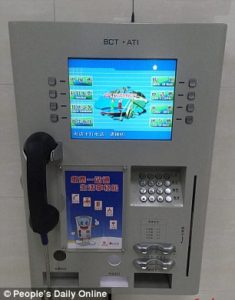 According to the noticeboard displayed outside of the building, the spacious beige-tiled restroom has 11 different sections, including male toilets, female toilets, unisex toilets, accessible toilets, baby-changing facilities, an e-commerce area and an ATM room. The entire area has available Wi-Fi and there are vending machines selling different type of soft drinks. Each toilet or urinal is equipped with a flat-screen TV set nearby for entertaining the user. In Fangshan, a new public facility named ‘The Fifth Space,’ has turbo-flushing powers in the toilets, along with wireless internet and TV screens in the stalls. The windows are lined with aloe vera plants, and a cello soundtrack plays in the background.
According to the noticeboard displayed outside of the building, the spacious beige-tiled restroom has 11 different sections, including male toilets, female toilets, unisex toilets, accessible toilets, baby-changing facilities, an e-commerce area and an ATM room. The entire area has available Wi-Fi and there are vending machines selling different type of soft drinks. Each toilet or urinal is equipped with a flat-screen TV set nearby for entertaining the user. In Fangshan, a new public facility named ‘The Fifth Space,’ has turbo-flushing powers in the toilets, along with wireless internet and TV screens in the stalls. The windows are lined with aloe vera plants, and a cello soundtrack plays in the background.
The efforts to clean up the public restroom are received well by many, but some residents argue that the technological additions are a waste of money that could be put to better use elsewhere. Others argue that these new gadgets in the restrooms will lead people to spend unnecessary time on the toilet and force others to wait.
Toilet users can also buy drinks from the vending machines (left) and pay their utility bills using a multi-purpose phone. The efforts to clean up the public restroom are received well by many.
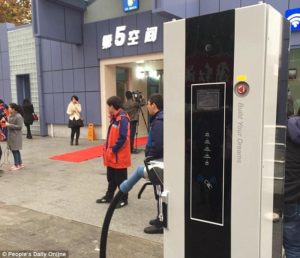 Charging stations have been installed outside the building so that customers can leave their electric bikes to be powered while answering the call of nature. It seems designers hope the new facility will be a meeting point for residents away from home and work. A spokesman from Beijing Environmental Sanitation Engineering Group told the People’s Daily Online that they hope the new public restroom will become ‘the fifth space’ besides the family space, work space, leisure space and cyber space. Hence, the sign of the restroom will be changed from ‘WC’, a traditional sign for public toilets in China, to the number ‘5.’
Charging stations have been installed outside the building so that customers can leave their electric bikes to be powered while answering the call of nature. It seems designers hope the new facility will be a meeting point for residents away from home and work. A spokesman from Beijing Environmental Sanitation Engineering Group told the People’s Daily Online that they hope the new public restroom will become ‘the fifth space’ besides the family space, work space, leisure space and cyber space. Hence, the sign of the restroom will be changed from ‘WC’, a traditional sign for public toilets in China, to the number ‘5.’
And even all the functions above are not enough in Beijing’s ambition toilet revolution. The spokesman said: ‘We will learn Japan’s experience to provide basic physical examination in the restrooms, such as blood pressure, heart rate and urinalysis.’ More of these ‘The Fifth Space’ toilets are due to open on the outskirts of Beijing soon – in Fangshan, Tongzhou, Shunyi and Pingu districts – as well as other Chinese cities, including Guiyang, Haikou, Kunming and Zhangjiakou.
THE PUBLIC SANITATION PROBLEM
- The new bathrooms are cleaner, but some argue they are a waste of money
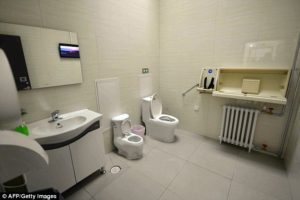 China will be renovating or constructing 57,000 public bathrooms, and some of them will be equipped with high-tech gadgets. Toilets in China, often squat toilets or concrete pits, have remained unchanged for generations. Between 1990 and 2010, China updated facilities for 593 million people, but the changes did not extend to everyone. For many years, China has suffered from sanitary issues in its public bathrooms. In poorer communities, 14 million people must defecate in the open. Many people are now arguing that unnecessary additions, like TVs, are a waste of money that could be used instead to update the facilities in poor areas.
China will be renovating or constructing 57,000 public bathrooms, and some of them will be equipped with high-tech gadgets. Toilets in China, often squat toilets or concrete pits, have remained unchanged for generations. Between 1990 and 2010, China updated facilities for 593 million people, but the changes did not extend to everyone. For many years, China has suffered from sanitary issues in its public bathrooms. In poorer communities, 14 million people must defecate in the open. Many people are now arguing that unnecessary additions, like TVs, are a waste of money that could be used instead to update the facilities in poor areas.
Public Health (Wales) Bill Revised
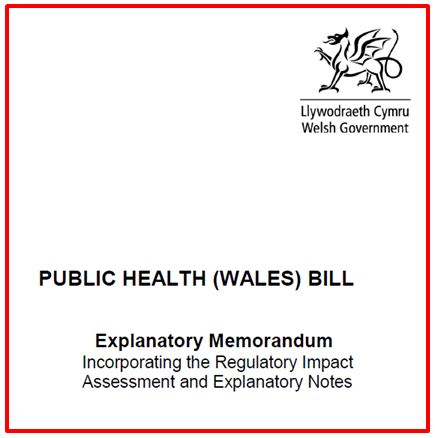
Public Health (Wales) Bill
Expected to be laid before the Assembly again in September 2016
Carwyn Jones has been re-elected as Welsh First Minister

Carwyn Jones has been confirmed back into the role as the First Minister of Wales. In a speech to the Assembly, Mr Jones set out priorities for his minority administration government, saying he will concentrate primarily on issues with cross-party support, following agreements with Plaid Cymru.
He said: We will not bring forward any new legislation in the first 100 days, giving political groups in the Assembly some time to establish a new way of doing law-making in Wales. This will allow all parties to jointly develop a scrutiny and committee procedure that is better suited to this institution’s Parliamentary responsibilities.
Once the Assembly is in a position to better scrutinise legislation we will look to bring forward a new Public Health (Wales) Bill, which was proposed by the previous Minister for Health.
This Bill is asking for all Local Authorities in Wales to develop a strategy for the provision of public toilets across all electoral areas. Councils must take into consideration the continuing needs of a wide range of user groups in addition to many thousands of visitors and tourist being encouraged to visit Wales and enjoy the experience. The BTA has been actively working with councils and government departments to support this legislation coming into existence.
First Pay Toilet
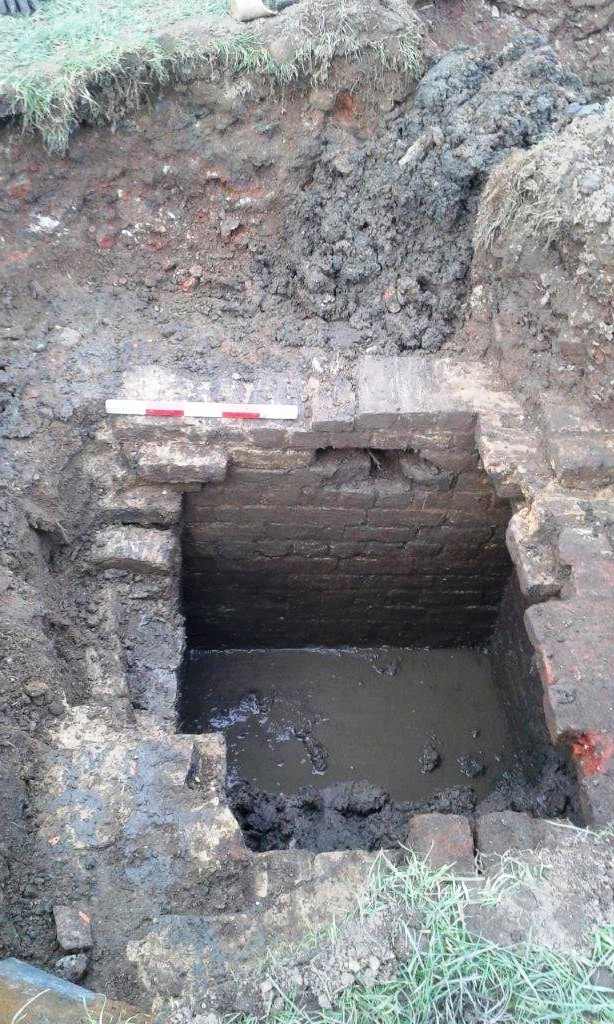
Toilet remains from ‘spend a penny’ exhibition uncovered in Hyde Park
Posted on Tuesday 7 June 2016
The remains of a 165-year-old toilet from the world famous exhibition which helped coin the phrase ‘spend a penny’ have been uncovered in London’s Hyde Park.
The discovery was made by workmen creating a new pump house as part of a major water project on the site of the former Great Exhibition of 1851. What they initially thought was a pile of underground bricks is actually believed to be one of the few structures from the temporary exhibition to have ever been uncovered.
The news comes 165 years since the Great Exhibition – the world’s first trade fair – opened in 1851 (on May 1) in Joseph Paxton’s iconic Crystal Palace, which at the time was the largest building on Earth. It attracted six million visitors and was organised by a Royal Commission, whose President was Queen Victoria’s husband Prince Albert.
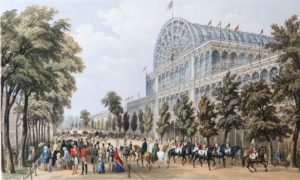
One of the Great Exhibition’s landmark inventions was the introduction of the UK’s first paid-for flushing public toilet, when visitors spent one penny to experience a clean toilet seat, a towel, a comb and a shoe shine. Records show that 675,000 pennies were spent. When the exhibition finished, the Crystal Palace was moved to Sydenham, and the toilets were set to be closed down.
However, Brighton plumber George Jennings, who invented the palace’s toilets, persuaded the organisers to keep them open. They later went on to raise a further £1,000 a year – the equivalent to almost 250,000 toilet trips.
Edward Strickland, who is leading the project for The Royal Parks, said:
“This is a really exciting find and very timely considering it’s exactly 165 years since the Great Exhibition opened. We work very closely with archaeologists and English Heritage on projects such as this and sometimes you really don’t know what you’re going to find – and buried Victorian cess pits aren’t usually high on the list.”
Archaeologist Les Capon from AOC Archaeology Group, which works with The Royal Parks on heritage projects, said:
“What has been discovered in Hyde Park is believed to be the remains of an earth closet which were common place as toilets until the Great Exhibition of 1851. That landmark event introduced the water closet or WC, and what we now commonly call the toilet.
“The uncovered earth closet is made from London stock bricks and dates back to the mid 1850s which, with its position on the edge of the former Great Exhibition site, would suggest that it was a toilet constructed for that event.”
Nigel Williams, Secretary of the 1851 Royal Commission, which still exists today and is recognised as the lead expert on the Great Exhibition, said:
“This is a fascinating discovery that once more brings to light the extraordinary innovations that the Great Exhibition inspired. It was the world’s first trade fair and the profits it generated – £186,000 – were used to establish the great cultural quarter in South Kensington, stretching from the Royal Albert Hall in the north down to the Natural History Museum and the V&A.
“With the remaining funds, the Commission created an educational trust which today distributes some £2.4m a year supporting research in science and engineering and other projects.”
The toilet was uncovered as The Royal Parks continue work on a project to create a new pump house near the Old Football Pitches and Tennis Centre on the southern edge of Hyde Park.
The project will see new water distribution pipework installed to supply borehole water to the lakes, irrigation systems, public toilets and the Diana Memorial Fountain in Hyde Park and Kensington Gardens. Following a request from the Environment Agency, it will see the primary water supply for the Long Water in Kensington Gardens coming from a bore hole near the Old Football Pitches instead of from the Italian Gardens.
Mr Strickland, who has been working closely with archaeologists on the project, said: “We have more than 20 lakes and ponds, and about 15 miles of river in the Royal Parks. We are proactive in our water management by reducing leaks and our reliance on treated mains water, abstracting water responsibly and looking to harvest rain and surface water.
“We’re already re-using historic reservoirs for water storage, and by using natural underground sources we’re able to supply our lakes, and use it for irrigation and public toilets.”
As work continues on the new pump house, The Royal Parks plans to re-cover the Great Exhibition toilet to ensure this historic structure remains in place for future generations.
BTA Members Annual General Meeting 2016
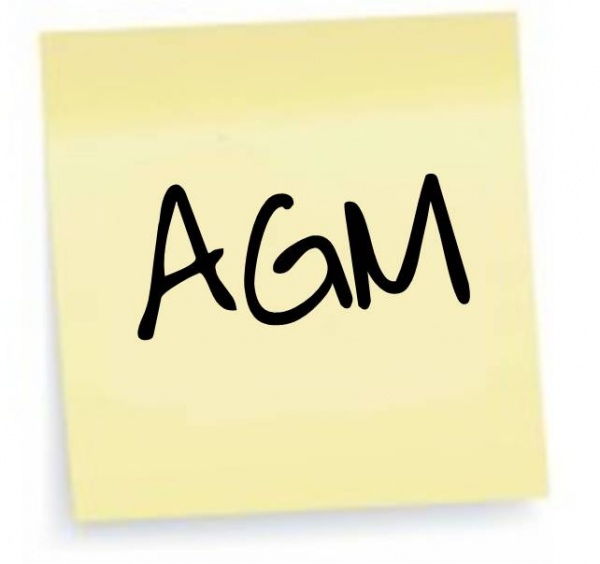
Wednesday 6th April
from 2:00pm – 2:45pm
to be held at
Manchester Cleaning Show
Event City, Phoenix Way,
Manchester,
M41 7TB
We are delighted to invite you to join us for a review and discussions to look at the developments and trends our organisation now faces within our toilet industry. We look forward to outlining the past twelve months and introducing some new innovative practices and products being created for future inception.
As you will already know, the BTA has achieved an extremely beneficial working partnership with both Local Government, MENCAP and PAMIS in developing a Changing Places Toilet Map for the 800+ Changing Places toilets across the United Kingdom. This mapping system was officially launched on Thursday 19th November 2015 ( World Toilet Day ) and we’re delighted to report that Mencap are now receiving a considerable volume of praise for the advanced elements that the new BTA system affords to their supporters and users
Subsequently the next PHASE of this project is already being developed and we are committed to rolling out a BTA Toilet Map. This complimentary system will display hopefully locate and display all accessible toilets provided by local authorities, commercial and private companies. Additionally we will be offering a package of additional membership benefits and services to enhance this innovative step
The Manchester Cleaning Show will be an ideal opportunity for members and colleagues to meet a large number of suppliers and providers
AGENDA
An agenda is curently being prepared and will be posted to all members 21 days prior to the meeting
This event is very kindly supported by our BTA Corporate Champions:
We all look forward to welcoming you all to the Cleaning Show
The Manchester Cleaning Show 2016

Organisers announce new regional event in Manchester
The British Cleaning Council and Quartz Business Media, joint organisers of the UK’s largest dedicated cleaning and hygiene exhibition – The Cleaning Show – have announced a new event following the hugely successful event at London ExCeL earlier this year.
The new Manchester Cleaning Show will be held 6-7 April 2016 at Event City and is positioned deliberately to sit in the middle of the Cleaning Show biennial cycle, so that manufacturers, distributors and service suppliers to the industry can easily participate in both events. Unlike the Cleaning Show in London, the expectation is that the audience will be more regional and smaller in scale; however the event will be content rich and full of opportunities to network and do business.
Further news of a conference will be announced soon
For further information please contact:
Vanessa Van Santen – Smith, Sales Manager
T: +44 (0)1737 855 041, F: +44 (0)1737 855 034
E: vanessavss@quartzltd.com
www.cleaningshow.co.uk/manchester

SPECIAL NOTE
The BTA Annual General Meeting will take place on
Wednesday 6th April at 2:00pm at this event
For further details please see the AGM post on the BTA Website
PSE Expo 2016

Portable Sanitation & Welfare Expo 2016,
24th – 25th February
Ricoh Arena, Coventry
Following on from the hugely successful expo last year, the 2016 event will provide an excellent platform for you to network with other professionals in the portable sanitation, liquid waste, modular buildings and welfare unit sectors.
Seminars will explore the profitable opportunities available to you and best practises in the industry. Topics include: “Social media tips and tricks to grow your business”, “Developing and embedding effective policies and procedures for lone workers” and “Diversify into luxury & expand your business”.
Register at www.ps-expo.com before the 20th February for your chance to win 12 months subscription to essential business tools for 5 staff, worth £3,000 with Advance IT Group.

Public In-Conveniences

I am very pleased to announce that ‘Public In-Conveniences – a practical guide to improving standards’ is now available, free of charge, on the dedicated website: www.publicinconveniences.org.uk
Public In Conveniences – a practical guide to improving standards
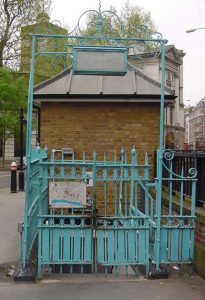
is a brief and easy-to-use guide for organisations which have a special interest in the provision of “away from home” toilets.
Clearly explaining the requirements of different sections of the population, dealing with policy issues, advising on the design of cubicles, nappy changing facilities and many other issues, this carefully researched, free guide suggests ways to improve standards and encourage good practice.
The information provided is current and includes direct links for those providers who require more detailed, specific information. The guide incorporates two sections ‘Further Reading’ and ‘Sources of Further Information’ which include current legislation and British Standards.
Poor provision of public toilets adversely affects the health, dignity and life-style of a very substantial proportion of the population. In order to spread awareness, please recommend this free guide to a colleague.
Public In-Conveniences provides a concise, very informative guide for individuals and groups campaigning for improvements in local provision of “away from home” toilets. This free guide enables them to make strong, fact-based approaches to providers, and to make direct contact with experienced organisations.
Updated by experts to meet current requirements for information, the third edition of this concise, easy-to-use, free guide, identifies many issues which need to be considered by organisations having a special interest in the provision of ‘away from home’ toilets. Carefully researched, it suggests ways to improve standards and encourage good practice.




